- Overview
- Symptoms
- Causes & Risks
- Diagnosis
- Types
- Major Depressive Disorder
- Treatment
- Antidepressants
- Treatment-Resistant Depression (TRD)
- Living With
- Recovery & Relapse
- Complications
- Caregiving & Support
- Appointment Prep
- View Full Guide
Lifestyle Changes to Ease Depression

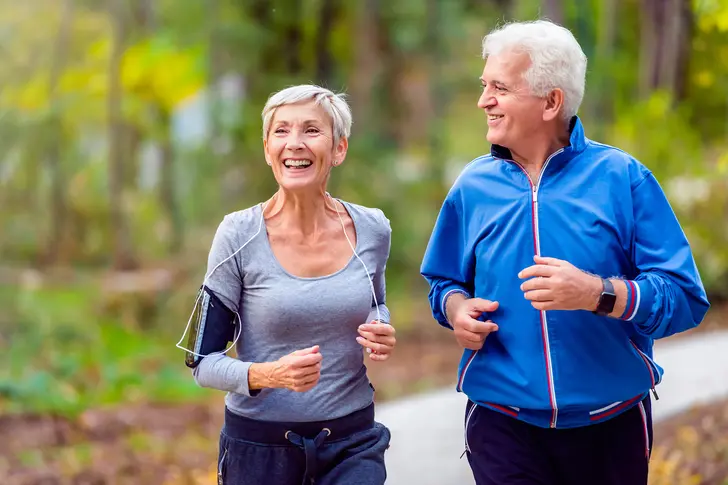
Get Moving to Lift Your Mood
Physical activity releases feel-good brain chemicals and can be as effective as therapy for depression. Even a daily 30-minute walk can make a big difference in how you feel.
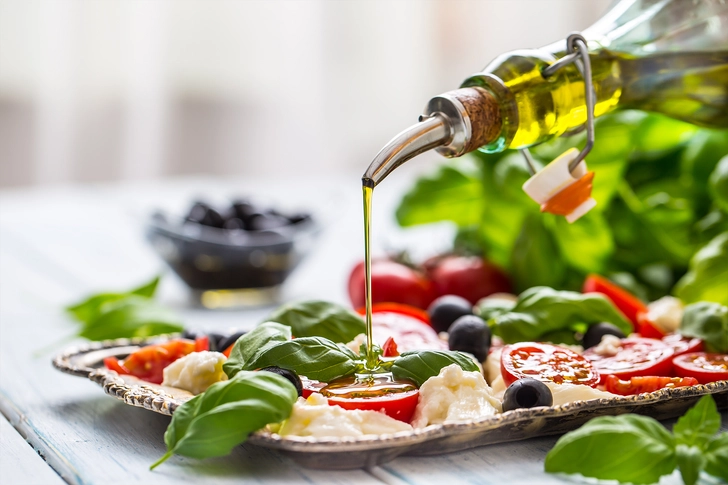
Feed Your Mind with Good Food
A Mediterranean diet rich in fruits, vegetables, whole grains, and lean proteins can reduce depression symptoms. Avoid processed foods and excess sugar that may worsen your mood.

Get Some Sunshine
Sunlight boosts vitamin D and serotonin levels. Try to get 15 minutes of natural light daily, especially in the morning, to regulate your body's natural sleep-wake cycle.
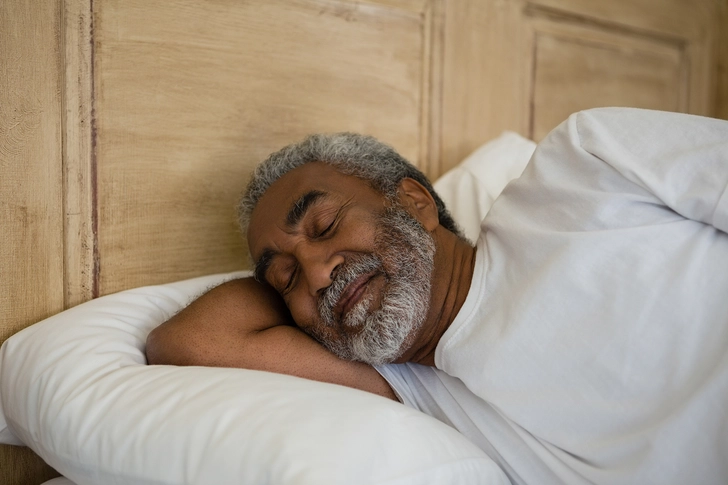
Prioritize Quality Sleep
Poor sleep worsens depression, while good sleep helps recovery. Establish a regular sleep schedule, create a relaxing bedtime routine, and keep electronics out of the bedroom.
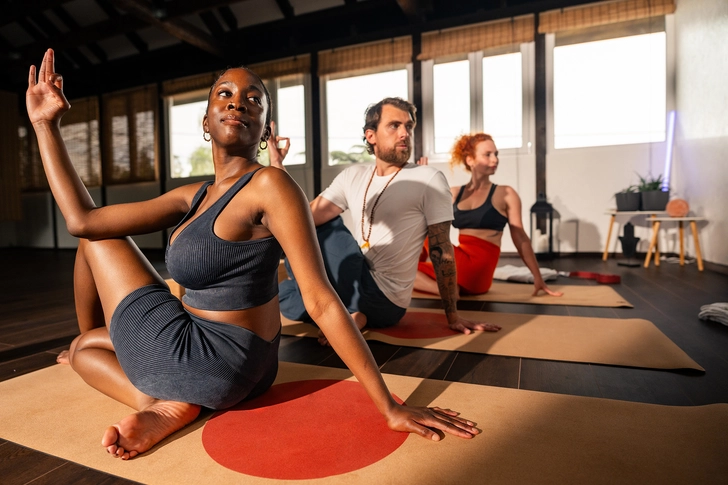
Strike a Pose with Yoga
Yoga combines physical movement with mindfulness, helping reduce stress hormones and increase GABA, a calming brain chemical. Even 10 minutes daily can help your symptoms.

Connect with Furry Friends
Pets provide unconditional love and companionship. Caring for an animal can establish routine, reduce isolation, and increase physical activity—all beneficial for depression.
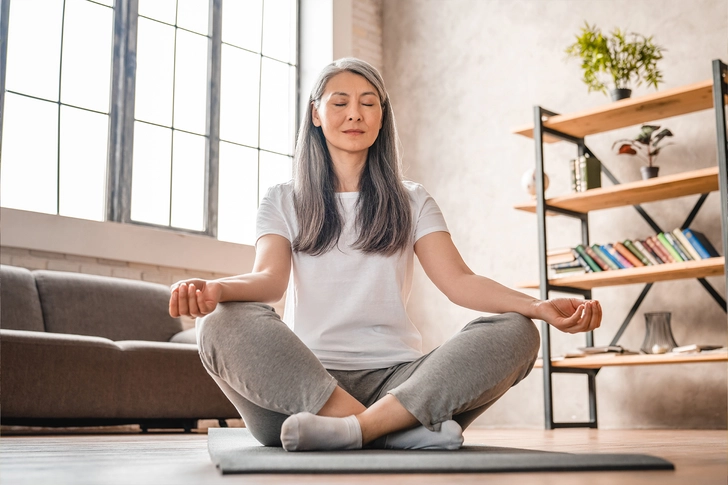
Try Mindfulness Meditation
Regular meditation practice can change brain patterns associated with depression. Start with just 5 minutes daily of focusing on your breath and being present in the moment.
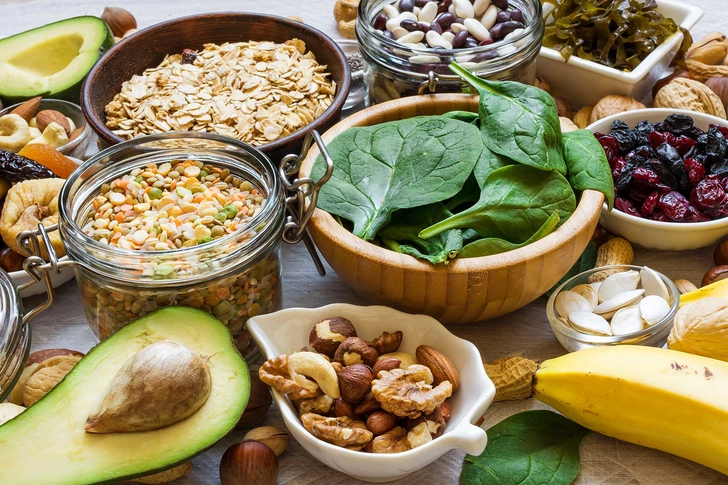
Boost Your Magnesium Intake
Low magnesium levels are linked to depression. Include magnesium-rich foods like spinach, almonds, and whole grains in your diet, or ask your doctor about supplements.
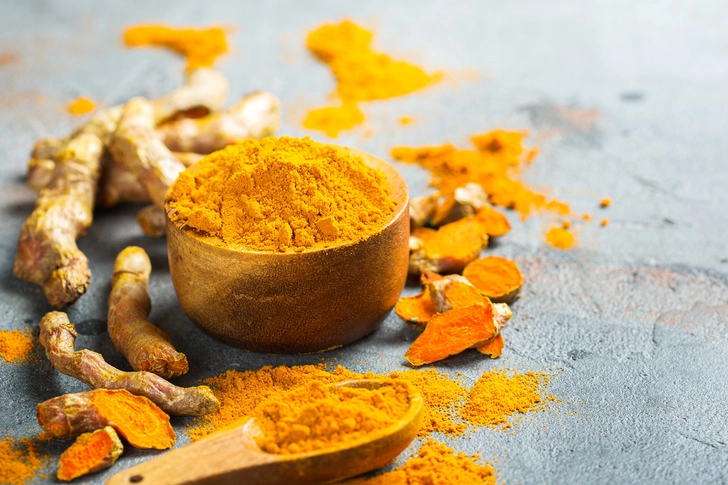
Try Turmeric
Curcumin, found in turmeric, may help manage depression by reducing inflammation and boosting brain chemicals. Consider adding this golden spice to your cooking.
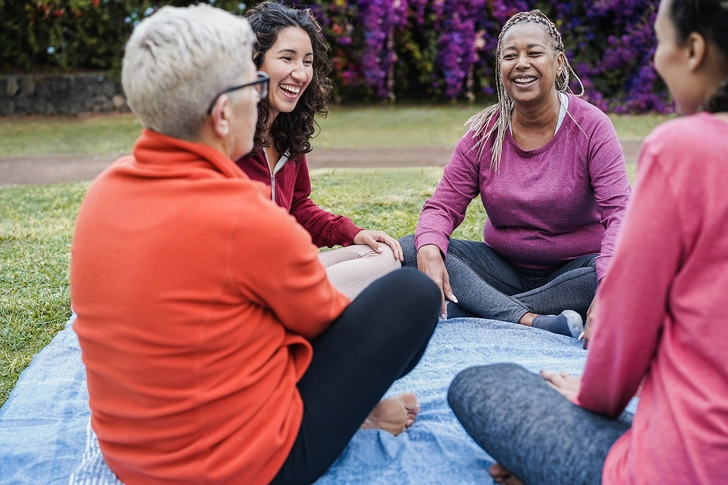
Maintain Social Connections
Even when you feel like isolating, it's important to connect with others. Schedule regular social activities, join support groups, or volunteer to combat loneliness.
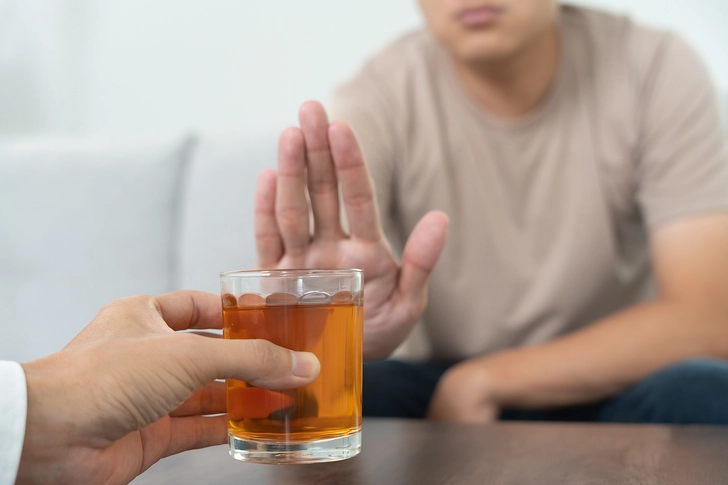
Limit Alcohol and Caffeine
Alcohol and caffeine can interfere with sleep and worsen depression symptoms. Cut back or consider eliminating them completely while you're working on your mental health.

Set Small, Achievable Goals
Depression can make everything seem overwhelming. Break tasks into smaller steps, celebrate small victories, and gradually rebuild confidence and positive momentum.
PHOTO CREDENTIALS
Slide 1 - Lordn / Getty Images
Slide 2 - MarianVejcik / Getty Images
Slide 3 - Halfpoint Images / Getty Images
Slide 4 - wavebreakmedia / Shutterstock
Slide 5 - f.t.Photographer / Shutterstock
Slide 6 - FluxFactory / Getty Images
Slide 7 - Inside Creative House / Getty Images
Slide 8 - iStock / Getty Images
Slide 9 - Aamulya / Getty Images
Slide 10 - Tint Media / Shutterstock
Slide 11 - shisu_ka / Shutterstock
Slide 12 - JLco Julia Amaral / Shutterstock
SOURCES
National Center for Complementary and Alternative Medicine: "St. John’s Wort and Depression." "Yoga for Health," "Depression and Complementary Health Practices."
FDA: "The Lowdown on Depression."
National Institute of Mental Health: "What is Depression?"
American Psychiatric Association, Practice Guideline for the Treatment of Patients with Major Depression, 2000.
American Psychiatric Association. Diagnostic and Statistical Manual of Mental Disorders: DSM-IV-TR, American Psychiatric Pub, 2000.
WebMD: "What is guided imagery?"
National Institute on Aging: "Don't Let the Blues Hang Around."
Mental Health America: "Staying Well When You Have a Mental Illness."
American Psychiatric Association, Practice Guideline for the Treatment of Patients with Major Depression, 2000.
American Psychiatric Association. Diagnostic and Statistical Manual of Mental Disorders: DSM-IV-TR, American Psychiatric Pub, 2000.
Fieve, R. Bipolar II, Rodale Books, 2006.
Ganji, V. Archives of Internal Medicine, November 2010.
Amit Etkin, MD, PhD, assistant professor of psychiatry and behavioral sciences, Stanford University, Palo Alto, CA.
Harvard Medical School: "Exercise and depression," "Seasonal affective disorder: Bring on the light."
Andrew Leuchter, MD, professor of psychiatry; director, Laboratory of Brain, Behavior, and Pharmacology; senior research scientist, Semel Institute for Neuroscience and Human Behavior and the Brain Research Institute, UCLA.
National Sleep Foundation: "Depression and sleep," "Sleep hygiene," "Cognitive behavioral therapy for insomnia."
National Health Service (UK): "Depression support groups."
National Institute of Mental Health: "Psychotherapies," "Brain stimulation therapies."
Bell, A. Clinical Psychology Review, June 2009.
Johns Hopkins Medicine: "Frequently asked questions about TMS."
National Institute on Aging: "Don't Let the Blues Hang Around."
Mental Health America: "Staying Well When You Have a Mental Illness."
Cleveland Clinic: "Endorphins."
Mayo Clinic: "Clinical depression: What does that mean?"
Johns Hopkins Health: "Depression and Sleep: Understanding the Connection."
International Journal of Obesity: "The influence of 15-week exercise training on dietary patterns among young adults."
Harvard Health: "Exercise is an all-natural treatment to fight depression."
Sandra Barker, PhD, licensed professional counselor; director, Center for Human-Animal Interaction, and psychiatry professor, Virginia Commonwealth University.
Perpetua Neo, PhD, clinical psychologist.
Desiree Wiercyski, life coach, Fort Wayne, IN.
Avigayil Brown, Brooklyn, NY.
Courtney Sparkman, Tulsa, OK.
Anthrozoös: A multidisciplinary journal of the interactions of people and animals: "Do Animal-Assisted Activities Effectively Treat Depression? A Meta-Analysis."
Anxiety and Depression Association of America: "Alleviating Anxiety, Stress and Depression with the Pet Effect."
Human-Animal Bond Research Institute: "Survey: Pet Owners and the Human-Animal Bond."
webmd.com/depression/magnesium-for-depression
The BMJ: “Effect of exercise for depression: systematic review and network meta-analysis of randomised controlled trials.”
CNN: “These simple activities can treat depression as effectively as therapy, study says.”
American Psychiatric Association: “What Is Depression?”
Archives of General Psychiatry: “Complementary Therapies for Depression: An Overview.”
Current Opinion in Psychiatry: “The gut microbiome and diet in psychiatry.”
Harvard Health Publishing: “Diet and depression.”
Harvard Health Publishing: “Nutritional psychiatry: Your brain on food.”
Environmental Health: “Effect of sunlight exposure on cognitive function among depressed and non-depressed participants: a REGARDS cross-sectional study.”
Journal of Affective Disorders: “A review of lifestyle factors that contribute to important pathways associated with major depression: Diet, sleep and exercise.”
Journal of Affective Disorders: “Interacting with Nature Improves Cognition and Affect for Individuals with Depression.”
Mayo Clinic: “Antidepressants: Selecting one that’s right for you.”
Mayo Clinic: “Depression and anxiety: Exercise eases symptoms.”
Mayo Clinic: “Depression (major depressive disorder).”
National Suicide Prevention Lifeline.
Nutritional Neuroscience: “Natural products, micronutrients, and nutraceuticals for the treatment of depression: A short review.”
Psychiatria Polska: “Herbal remedies in depression - State of the art.”
Scientific Reports: “Depressive symptoms are associated with social isolation in face-to-face interaction networks.”
The National Sleep Foundation. American Academy of Family Physicians.
WebMD Health News: "Oral Spray Sleep Drug Zolpimist Approved."
News release, FDA.
Allies In Mental Health: Quebec: "Smiling Depression: An In-Depth Look."
Association for Psychological Science: "The Psychological Study of Smiling."
Chinese Journal of General Practice: "Investigation and Analysis on Smiling Depression of College Students in Guangzhou City."
Cleveland Clinic: "Persistent Depressive Disorder," "What Is High-Functioning Depression? Signs and Symptoms."
Emotion: "The Value of Genuine and Polite Smiles."
Experimental Psychology: "Your Face and Moves Seem Happier When I Smile."
Journal of Social and Personal Relationships: "Smiling Won’t Make You Feel Better, But It Might Make People Like You More: Interpersonal and Intrapersonal Consequences of Response-Focused Emotion Regulation Strategies."
Mayo Clinic: “Depression (major depressive disorder),” “Depression and Anxiety: Exercise Eases Symptoms,” "Depression: Supporting a Family Member or Friend."
National Alliance on Mental Illness: “What You Need to Know About ‘Smiling Depression.,” "The Reality of High-Functioning Depression."
National Institute of Mental Health: "Depression."
Cancer Research and Treatment: "Recent Developments in Delivery, Bioavailability, Absorption and Metabolism of Curcumin: the Golden Pigment from Golden Spice."
Cleveland Clinic: "7 Tips for Taking Turmeric."
Frontiers in Immunology: "The Role of Inflammation in Depression and Fatigue."
Memorial Sloan Kettering Cancer Center: "Turmeric."
National Center for Complementary and Integrative Health: "Turmeric," "Antioxidants: In Depth."
Linus Pauling Institute: "Curcumin."
The Journal of Clinical Psychiatry: "A Critical Examination of Studies on Curcumin for Depression."
Critical Reviews in Food Science and Nutrition: "Curcumin, an active component of turmeric (Curcuma longa), and its effects on health."
InformedHealth.org: "What is an inflammation?"
National Institute of Mental Health: “Depression,” “Anxiety Disorders.”
American Family Physician: “Depression and Anxiety Disorders: Benefits of Exercise, Yoga, and Meditation.”
British Journal of Sports Medicine: “Effects of yoga on depressive symptoms in people with mental disorders: a systematic review and meta-analysis.”
National Center for Complementary and Integrative Health: “Yoga: What You Need To Know.”
Mayo Clinic: “Exercise: When to check with your doctor first,” “Intimidated by yoga? 3 easy ways to get started,” “Yoga: Fight stress and find serenity.”
